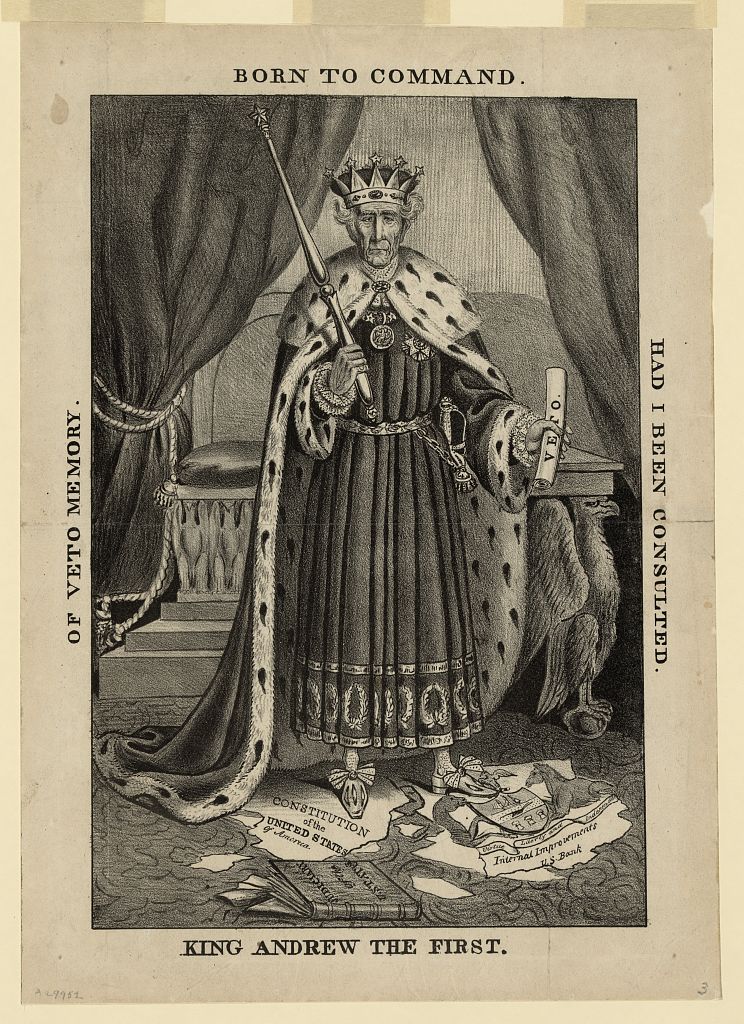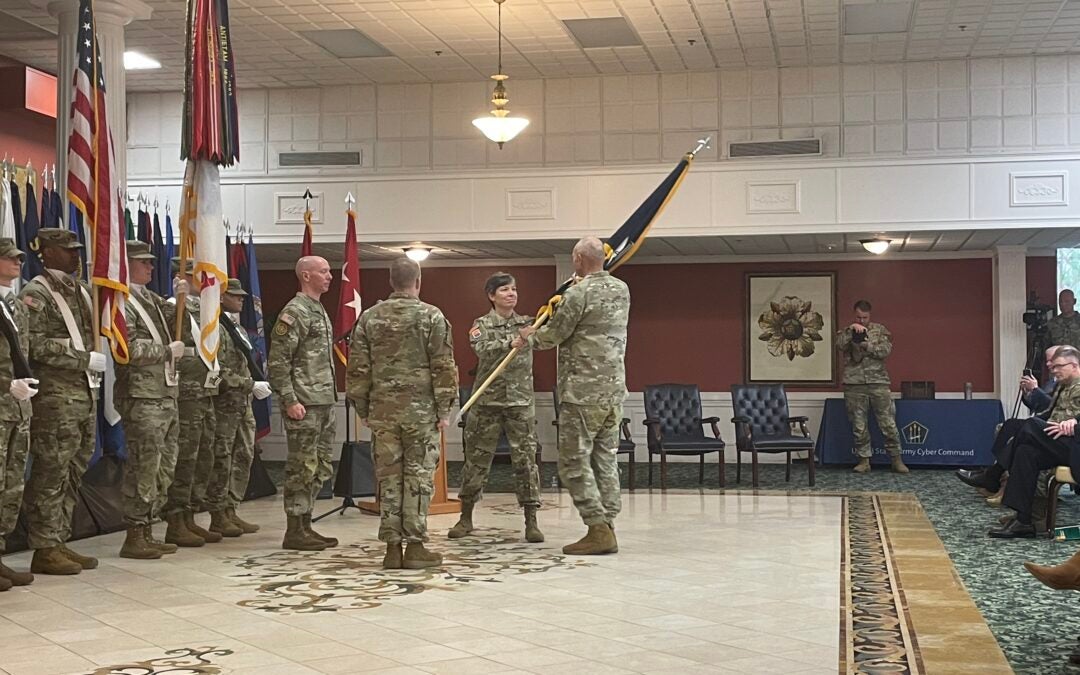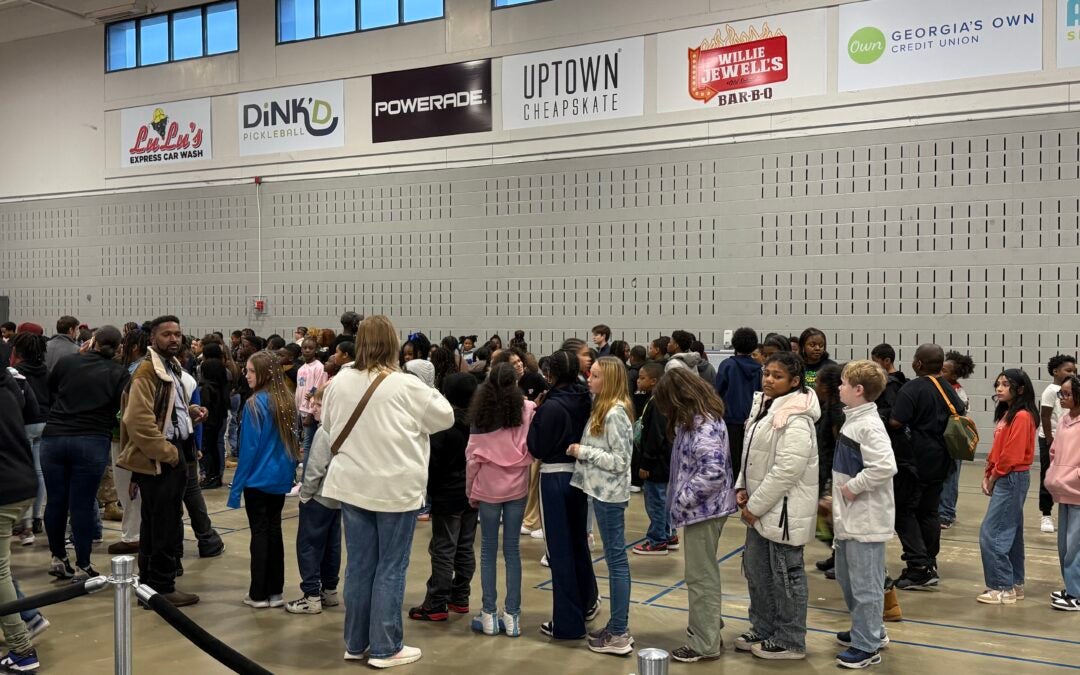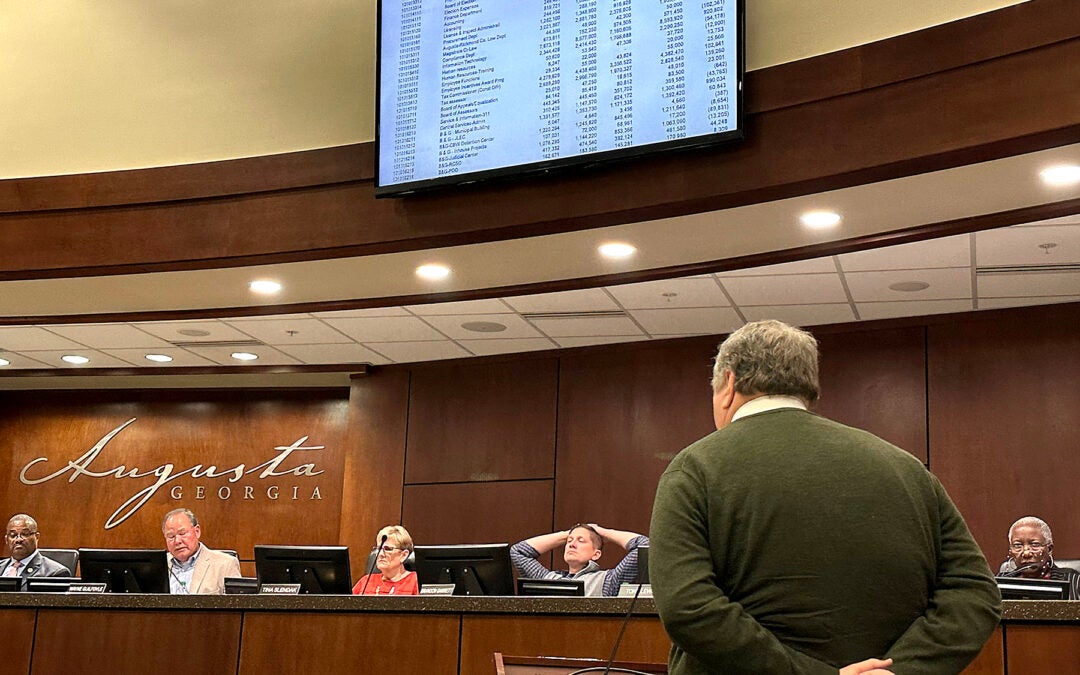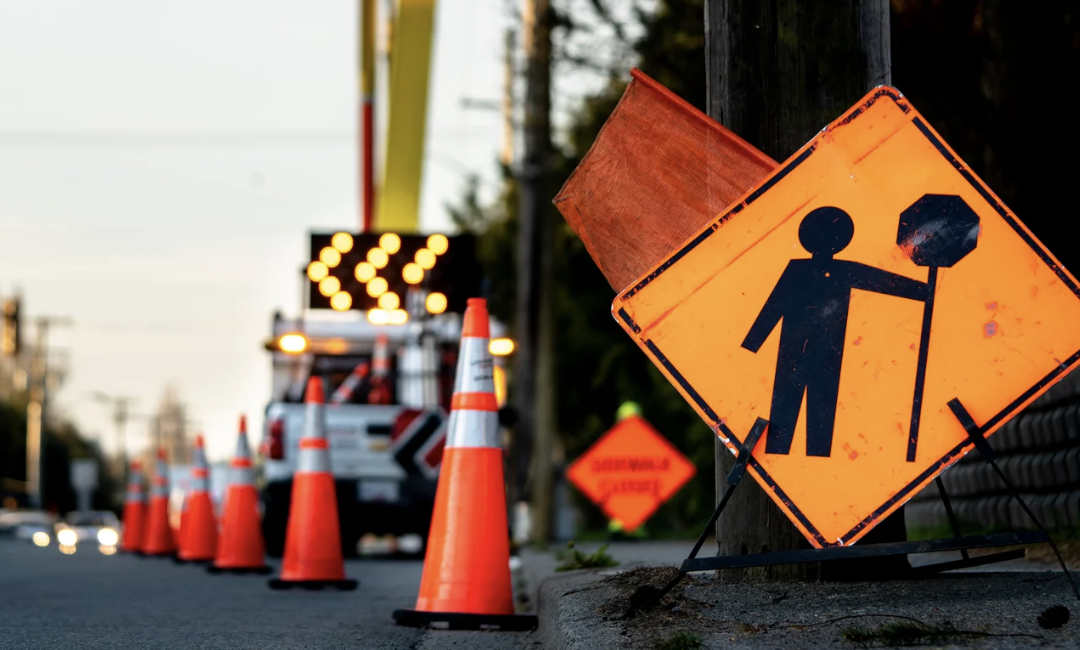(Disclaimer: The opinions expressed in this column are those of the author and do not necessarily reflect those of The Augusta Press.)
As we celebrate President’s Day tomorrow, we might reflect on how the presidency in the United States has changed over time, morphing into a quasi-monarchical post held by a smiling celebrity who is hailed as the most powerful man on Earth.
George Washington is known as the father of the country, but as president, he was far from the most powerful man on the planet.
Opinion
Washington believed his role as chief executive was to follow the Constitution to the letter, and he rarely pushed boundaries. In fact, his annual state of the union address was not even an oration but a simple letter sent to Congress.
Upon leaving office, Washington warned his predecessors to avoid entangling alliances with other nations and to steer clear of forming political parties. The latter advice was not heeded.
Even before Washington had left office, the Federalists, and a few years later the Anti-Federalists, assured that the presidency would be a partisan office. Every successive chief executive, minus a few, has attempted to grow the power of the office in response to partisan and popular desire for action.
While the office of the presidency grew in the early days of the republic, the office was not necessarily that powerful, partly because the United States itself was not a world power.
Over our entire history, wars have been a major factor in the growth of government — and of executive power. While this was not the case with smaller conflicts such as the War of 1812 and the Mexican-American War, the Civil War was different. Until then, there was no individual income tax. However, Congress imposed a 3 percent income tax on annual incomes of more than $800 to help pay for the war expenses.
Still, the Industrial Revolution saw captains of industry, known as robber barons, enjoying far more real power than the president, at least with regard to the economy. In 1895, the U.S. Treasury was close to collapse, but it was not the president that intervened. It was steel and shipping magnate J.P. Morgan.
The ascension, and later election, of Theodore Roosevelt would begin an era of presidents who wished to grow Federal power to combat national problems, something desired by the Progressive Movement. Under Roosevelt, Congress would usher in antitrust legislation, and he signed the Hepburn Act, which gave the power of railroad rate regulation to the government.
This trend continued under his successors Taft and Wilson. Wilson signed legislation creating the Federal Reserve, the individual income tax, the Federal Trade Commission and the New Deal precursor, the Federal Farm Loan Act. World War I elevated America and the president to the world stage. The war also led to unprecedented Federal regulation of the economy.
The 1920s saw the pendulum swing back in the opposite direction with the elections of Harding, Coolidge and Hoover, all of whom believed in small government and a limited presidency.
In fact, Coolidge so disliked the trappings of an imperial presidency that he was known to openly show his boredom at state dinners and functions, leading to his nickname “Silent Cal” because he refused to make small talk.
The Great Depression, however, would change the presidency forever as Franklin Roosevelt responded to the the economic crisis by proposing a massive series of governmental programs that we know as the New Deal.
But World War II had at least as much impact on the presidency. As commander-in-chief, Roosevelt now commanded the most powerful military establishment in the world. This did not end with his death. The Cold War led us to become a national security state, with the world’s most powerful military, as well as secret agencies such as the CIA and the NSA, which report directly to the President.
The 1960s saw the presidency morph into what we have today. The assassination of John F. Kennedy placed the president in a bubble of security, though other events of the era would diminish the presidency as well.
As home television sets became more common in the 1960s, presidential visibility increased through news footage, broadcast speeches and other events. Also on television in that period were depictions of the mistreatment of Blacks in the South, televised footage of Vietnam War atrocities, Civil and Womens’ Rights demonstrations, the Student Movement and the burgeoning counterculture movement, all of which affected the presidency. The executive branch created more offices and agencies to deal with some of those problems, which moved power from the president into the hands of civil servants – but the heads of all these agencies were appointed by the the president.
And having an all-powerful president brought its own dangers. One example involves Richard Nixon and was the result of his enjoying his evening drinkies a bit too much.
In the book, “Arrogance of Power: The Secret World of Richard Nixon,” authors Anthony Summers and Robbyn Swan write that on more than one occasion, Nixon got drunk and threatened nuclear war.
MORE: Editorial: It is long past time to change the city charter
After a CIA spy plane was shot down near North Korea, an intoxicated Nixon called the Joint Chiefs of Staff and demanded an immediate nuclear strike.
With a loaded bomber idling on the tarmac, then-National Security Advisor Henry Kissinger was able to convince the military brass to hold off on the strike until Nixon sobered up.
After that, the president would have minders.
Ronald Reagan ushered in the era of the “celebrity president,” focused more on fundraising, inviting Girl Scout troops to the Oval Office and attending the Kennedy Center events. For a good chunk of Reagan’s presidency, he was battling the onset of Alzheimers disease, and speeches and interviews late in his career showed that he was not totally in control of the executive branch of the government. Instead, his wife Nancy was said to have stepped into that role (echoing the role of Edith Wilson).
Reagan was never held to account for the Iran-Contra affair because he likely did not know about it, or didn’t remember it.
Donald Trump, a celebrity before being elected, attempted in vain to circumvent his bureaucracy, which he dubbed “the swamp,” and bring the power of the presidency back to the person sitting at the Oval Office desk.
Trump battled his own advisers and taunted members of Congress with “mean tweets.”
However, voters were not impressed with a man whose tweets showed a massive ego and thirst for power that constituted a dangerous Achilles Heel. Trump was turned out of office after one term.
So, while we still refer to the president as the most powerful person on Earth, voters have made it clear the president will only keep the title so long as trust the person holding that office to competently execute its duties and behave in a decent moral way — ironically exactly what the Founding Fathers and their contemporaries would have expected. Attending Easter Egg hunts helps, too.
Scott Hudson is the senior reporter for The Augusta Press. Reach him at scott@theaugustapress.com

